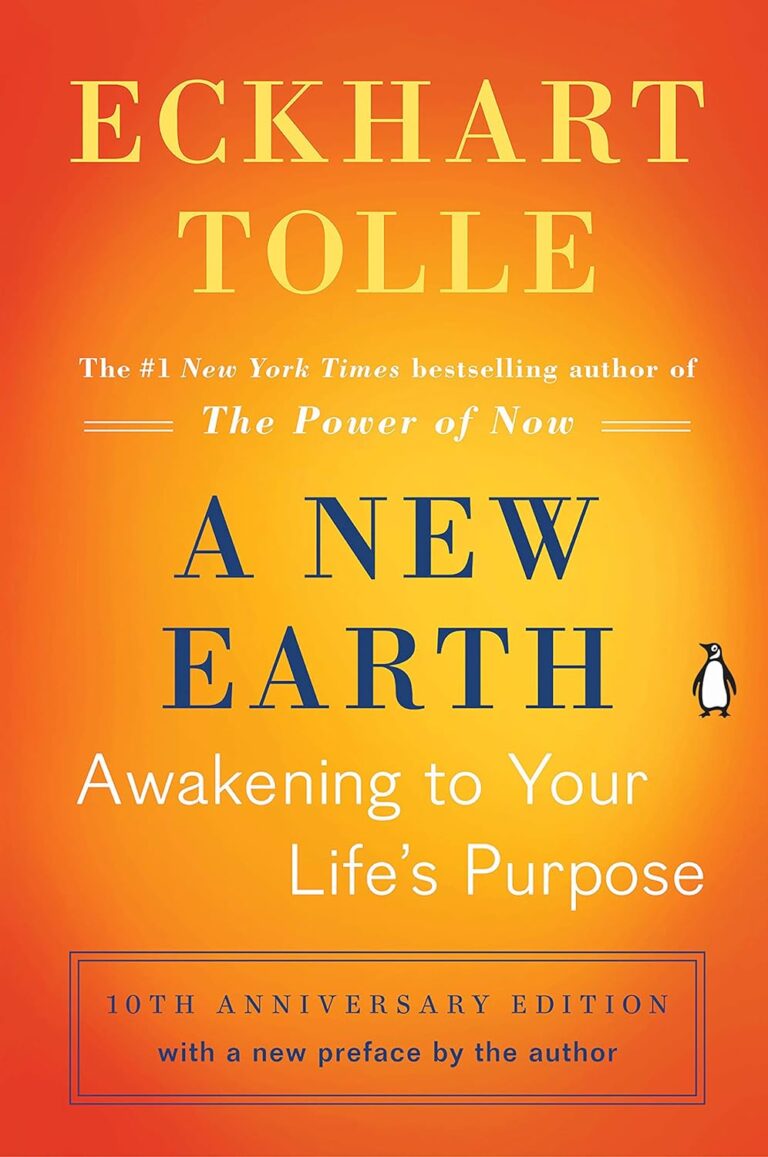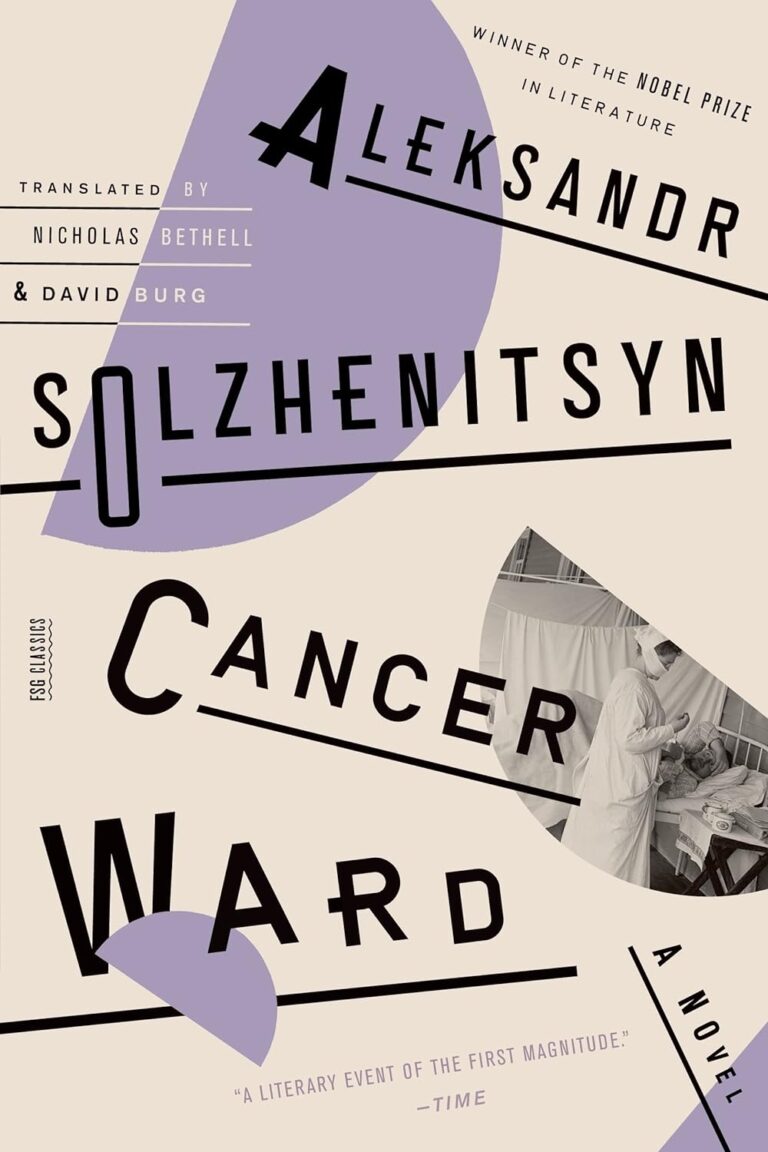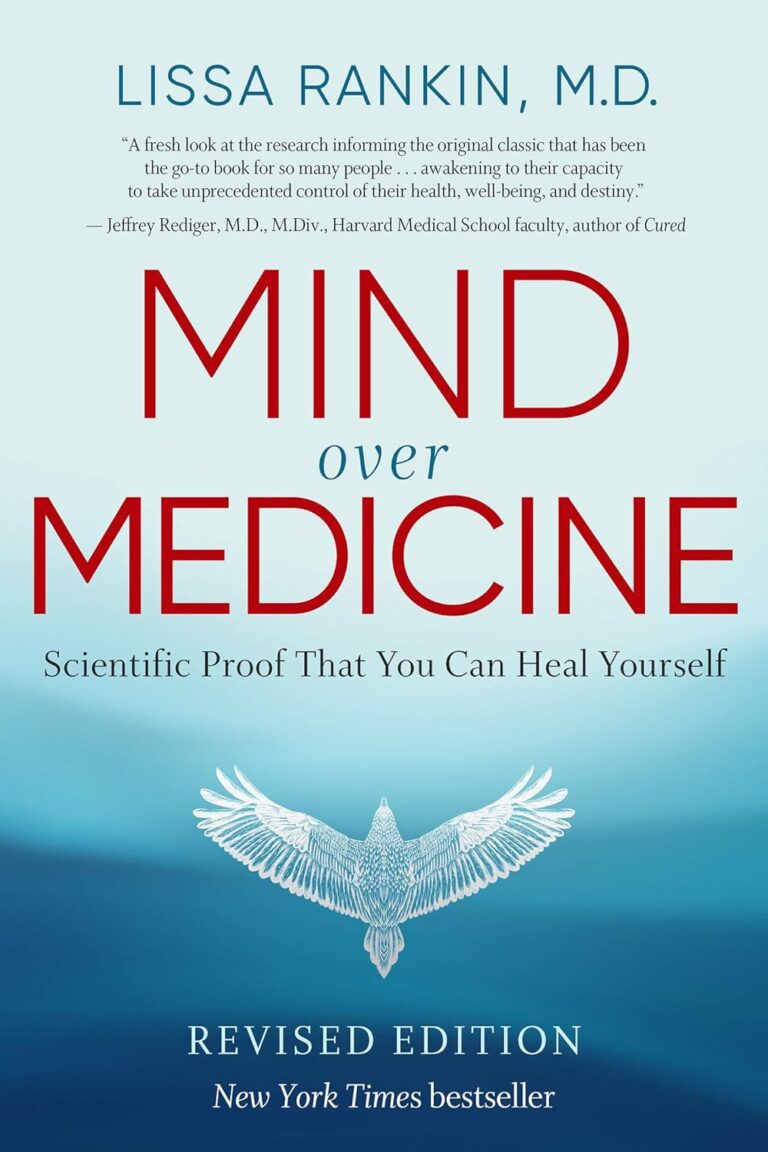
In our daily bustling lives, personal health often takes a backseat. However, with the rising prevalence of diseases such as colon cancer, it becomes paramount not just to react to the diagnosis, but also understand, prevent, and be prepared. This comprehensive guide will enlighten you about colon cancer from its basics to the challenges faced while living with it.
Understanding colon cancer helps us appreciate the significance of a healthy lifestyle and reinforces the role of regular checkups, thus nipping the deadly disease in the bud. Let’s delve deeper into the world of colon cancer.
Understanding the Basics: What is Colon Cancer?
Colon cancer refers to abnormal and uncontrolled cell growth in the colon or the large intestine, the final part of the digestive tract. Life-threatening if not diagnosed and treated early, it mostly begins as small, benign clumps of cells, known as adenomatous polyps. Over time these polyps turn malignant, causing colon cancer.
Why does the colon matter so much? It is pivotal in absorbing water and sodium from the matter that passes through the digestive tract. It also stores waste material before it is excreted. Unarguably, the colon holds an integral role in maintaining the body’s hydration and electrolyte balance.
Overview of Colon Cancer: Getting to the Root of It
Most colon cancers originate as small, non-cancerous (benign) clumps of cells called adenomatous polyps. Although not all polyps turn into cancer, the adenomatous ones carry a high risk of transforming, necessitating regular screening tests to prevent colon cancer.
There are several types of colon cancer, including adenocarcinomas, carcinoid tumors, gastrointestinal stromal tumors, lymphomas, and sarcomas. Adenocarcinomas form the lion’s share of colon cancer types, making up about 95% of cases.
The Causes & Risk Factors of Colon Cancer
Colon cancer usually arises from inherited gene changes. Still, only 5-10% of colon cancers result from genetic disorders like Familial Adenomatous Polyposis and Lynch syndrome.
Several modifiable factors contribute to the remaining cases. These include but are not limited to, a diet low in fruit and vegetables, sedentary lifestyle, obesity, smoking, alcohol consumption, and type 2 diabetes. Age, race, and personal or family history of colon cancer or polyps also factor into the risk equation.
Symptoms & Early Warning Signs of Colon Cancer
Early-stage colon cancer often resided in silence within the body, exhibiting no symptoms. As the disease advances, signs such as changes in bowel habits, rectal bleeding, persistent abdominal discomfort, feeling that the bowel does not empty completely, weakness or fatigue, and unexplained weight loss begin to show.
Apart from physical manifestations, colon cancer can also cause psychological disturbances. Anxiety and depression are common amongst patients and have been linked to both disease onset and progression.
Colon Cancer: Methods of Diagnosis & Treatment
The diagnostic process includes a review of the patient’s medical history, physical examination, and laboratory tests such as fecal occult blood test, sigmoidoscopy or colonoscopy, and imaging studies like CT colonography or barium enema X-rays. Biopsy is typically performed to confirm the diagnosis.
Treatment options depend on the stage of the cancer. Therapies include surgery, chemotherapy, radiation, targeted therapies, and immunotherapies. Each treatment comes with its efficiency and side effect profile and is personalized based on the patient’s health status and preferences.
Get to know us better
If you are reading this, you are in the right place – we do not care who you are and what you do, press the button and follow discussions live

Preventive Measures Against Colon Cancer
Recognizing the importance of early detection is the key to cancer prevention. Regular health check-ups and colon cancer screenings can detect polyps before they turn cancerous. Lifestyle changes such as including plenty of fruits, vegetables, and whole grains in your diet, maintaining a healthy weight, regular exercises, and quitting smoking and drinking also go a long way in preventing colon cancer.
Living With Colon Cancer: Challenges and Coping Mechanisms
Living with cancer is a painful journey, marred with physical, mental, and social roadblocks. Patients often grapple with debilitating symptoms, side effects of treatments, and an unpredictable disease course.
Effective coping strategies include fostering a supportive network of family and friends, regular counseling, leaning on support groups, and resorting to practices like yoga and meditation. Harnessing one’s strengths and adopting a fighting spirit can ease the journey significantly.
Conclusion
Early detection and prompt treatment remain the cornerstone in managing colon cancer. Living a healthier lifestyle goes hand in hand with regular screenings for the disease. It’s time for us to prioritize our health and well-being and act against colon cancer.
Frequently Asked Questions
- What age group is most at risk for colon cancer?
Individuals aged 50 and above are at a higher risk. However, an increasing number of younger adults are being diagnosed with colon cancer.
- Can colon cancer be completely treated?
Colon cancer can be treated successfully if detected early. However, the prognosis decreases with the advancing stages of the disease.
- What is the difference between colon cancer and other types of cancer?
In addition to the affected body part, colon cancer varies in terms of causes, symptoms, risk factors, and treatment options from other forms of cancer.
- What is the survival rate for colon cancer?
The five-year relative survival rate for colon cancer is around 64%. However, it can vary widely based on the stage of cancer at diagnosis.
- Can lifestyle modifications prevent colon cancer?
Lifestyle changes, including a healthy diet, physical activity, alcohol moderation, and quitting smoking, can significantly reduce the risk of developing colon cancer.

















Comments
Thank you. Comment sent for approval.
Something is wrong, try again later